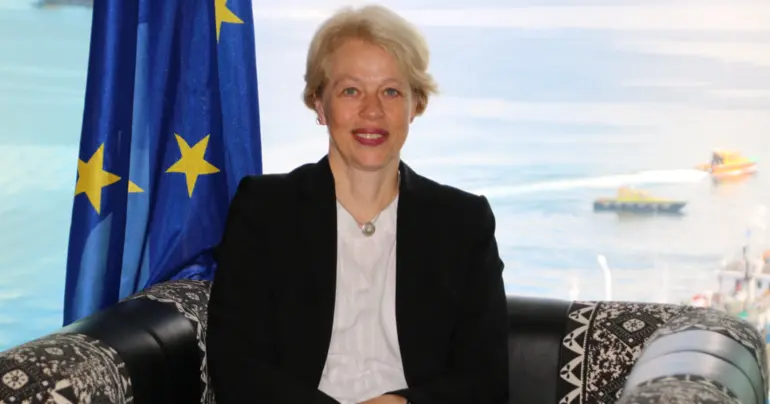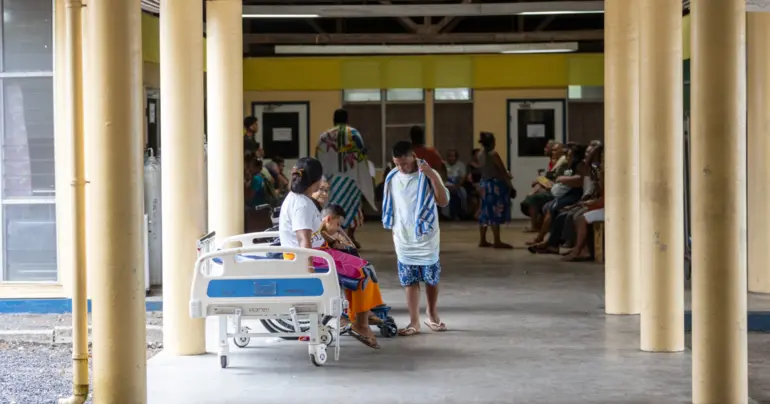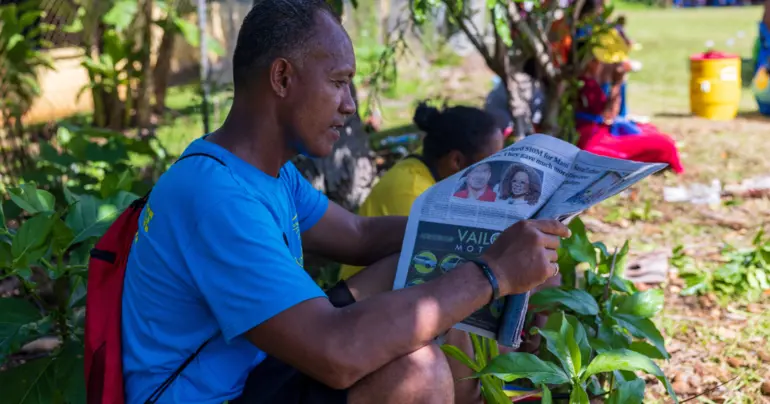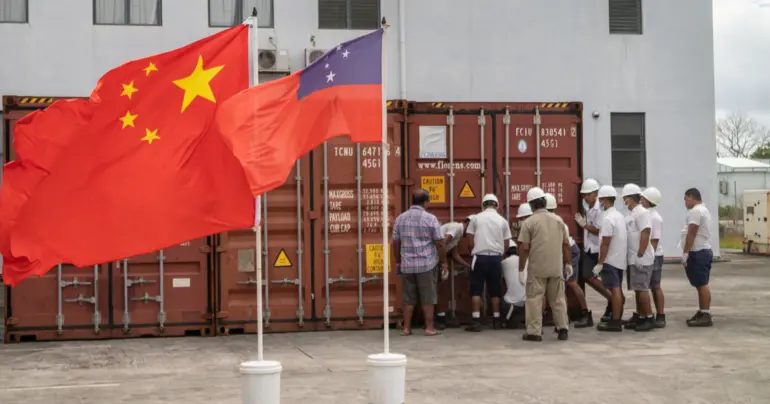COP26 has to be the turning point — from climate negotiations to climate solutions
The evidence is clear. In August, the world’s scientists concluded once again that immediate action is needed. Climate change is uncomfortably close to all our daily realities no matter where in the world we live. It is already triggering the kind of climate disasters we have witnessed in the last years, putting the survival of many species at risk and soon rendering certain parts of the Earth uninhabitable to humans.
As climate scientist Professor Kimberly Nicholas framed it: “It's warming. It's us. We're sure. It's bad. But we can fix it.” In Paris, five years ago, the international community finally agreed to embark upon an ambitious journey: to limit global warming to well below 2°C, preferably to 1.5°C. While such levels of warming might seem manageable, the difference could be existential. For the human body the difference between 40 and 42°C is the difference between life and death.
Yet the news is not all grim - science also tells us that a zero-carbon society is possible – a society of new green jobs and growth that can limit warming to 1.5°C.
The European Union has already shown that it is feasible to decouple growth from CO2 emissions (since 1990, our GDP has grown by over 60% while net greenhouse gas emissions have fallen by a quarter). In July we released our legislative package to implement the European Green Deal and deliver a 55% net reduction in greenhouse gas emissions by 2030 on the path to climate neutrality by 2050. This transition of how we generate and use energy, move around, build and heat houses and use the land is designed in the fairest way possible, ensuring no one is left behind. Otherwise, it will not work.
Being responsible for 8 percent of global CO2 emissions, the EU will not be able to solve the climate crisis alone. We have to inspire others - even the most reluctant partners - to join the path to climate neutrality. When the EU committed to climate neutrality by 2050 two years ago, few believed Japan, USA, South Korea, Australia and even China would follow. When we announced the EU Green Deal, few imagined the EU would finance the most ambitious climate neutrality plan in the world. We set up the first Green Alliance for climate neutrality, starting with Japan on 27 May, and we pushed for the G7 to commit to climate neutrality in June. Now we are strongly pleading for the G20 to follow suit. The EU is determined to never stop pushing for progress in the fight against climate change.
We invite all partners to strengthen their climate mitigation and adaptation plans. We are ready to offer technical and financial support, and are walking the talk with our own Climate law, 2030 package and Adaptation Strategy. The EU and its member states are among the world’s biggest providers of climate finance to developing countries, with EUR 22 billion (USD 26 billion) released in 2019 representing more than a third of the total effort by developed countries.
This amount will need to be scaled up in the years to come and the EU is committed to increase its contribution, as can for instance be seen by European Commission President Von der Leyen’s recent announcement of an overall 4 billion top-up under the EU’s core budget over the 2021-2027 period.
But we need others to do more also to meet the commitment by developed countries to provide 100 billion USD per year for climate action in developing countries. Mobilising more private funding will also be important in this regard.
The EU has fought hard to keep the Paris Agreement alive. Now, after the UNFCCC’s (The United Nations Framework Convention on Climate Changes) disheartening report released last July, the time has come to materialise the declared contributions and significantly boost climate action globally. Under current commitment, global temperature would rise by an unacceptable 2.7°C by 2100 – a gloomy outlook to say the least.
A lack of ambition means a tax will be levied by climate change itself, a tax that is bad for everyone, paid for with destruction, and without any upside for society. This is why the EU is launching a flexible carbon border adjustment mechanism allowing to equalise the price of carbon between domestic products and imports. Putting a price on carbon is essential to trigger the fundamental change the world needs.
If we close the gaps in financing and ambition, if all countries commit to doing more, then we can still keep the climate crisis under control. Based on science, realists today know the cost of inaction is immeasurable.
We now need a systemic and exponential change away from fossil fuels. It is good for our health, our households, our crops, our water, our ocean, our jobs and our economies. This will require the support of world leaders and pressure from citizens. Every action counts: how we vote, what we eat, how we travel. Just how damaging climate change will be is in our hands.
The European Union strives to continue to take a leading role in climate action and we want to do more with the Pacific Region, partnering with the Pacific countries to lead the actions on climate change. Green transition is identified as one the main priority areas in the new Indo-Pacific Strategy of the EU. The Green-Blue Alliance between the European Union and the Pacific - our new Pacific Multi-Country Multiannual Indicative Programme – also clearly indicates climate action as a priority for the EU support in the region for the next seven years.
Last month the European Union held a climate change conference with our partners in the Indo-Pacific region which offered a platform for both a high-level political dialogue as well as exchanging views with the civil society. The conference demonstrated once again that contributions of diverse actors will lead to better solutions in the fight against climate change.
Please feel free to challenge us and go even further than the EU. Climate action can take place anywhere, at any level. There is no time left for inaction - the time for practical solutions is now, from the most basic to the most innovative.
• The writer Sujiro Seam is the European Union Ambassador for the Pacific and is based in Suva, Fiji. His commentary was published in the 2 November 2021 print edition of the Samoa Observer.
Tags











